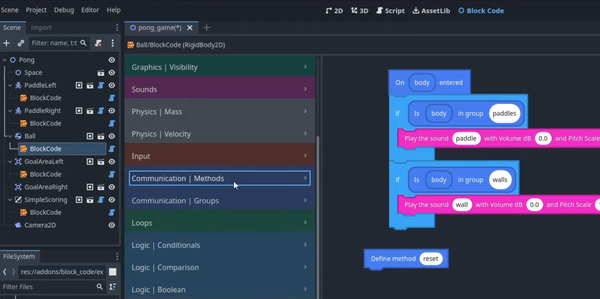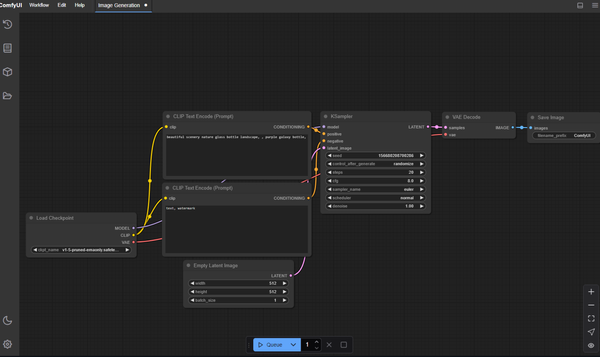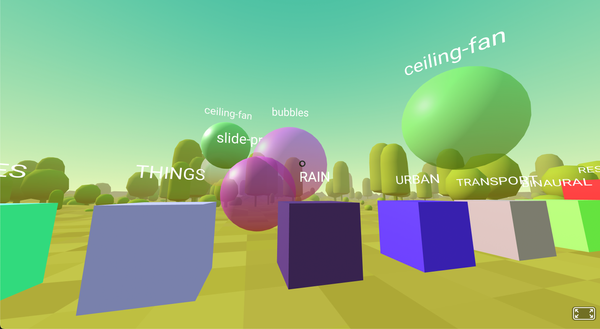Gymnasticon: Turn Obsolete Indoor Bikes Live with Raspberry Pi
Table of Content
Gymnasticon is a free open-source Raspberry Pi based project that allows you to make use of your old obsolete or even proprietary indoor exercise bikes with popular training and exercise apps.
It offers a custom Raspberry Pi image and system that is easy to setup and install. It is tested with several bikes and apps.
The project can be easily installed on Windows, macOS, and Linux.
Tested Raspberry Pi devices:
- Raspberry Pi Zero W
- Raspberry Pi 4
- Raspberry Pi 3B+
Gymnasticon can be installed on Raspberry Pi as a read-only mode and write-mode. It can also be installed manually, using Node.js and on Raspberry Pi system.
How does it work?
The app on your Raspberry Pi, connects to your bike through Bluetooth LE, then makes the data ready to be shared with other apps for your mobile, tablet, and desktop.
The following diagram explains how does it work,

Tested bikes
- Flywheel
- Peloton Bike (requires an additional cable)
- Schwinn IC4/IC8 aka Bowflex C6
- Keiser M Series Bikes (M3i, M3i-TBT, M3iX)
- LifeFitness IC5 (probably works)
Tested apps
Any software, bike computer or watch that supports standard Bluetooth LE and ANT+ power meter and cadence sensors should work, including:
- Zwift
- TrainerRoad
- Rouvy
- RGT
- FulGaz
- mPaceline
- Peloton iOS/Android (BLE CSC cadence only)
- Garmin Fenix (requires ANT+ stick)
- Garmin Edge
- Wahoo Elemnt Bolt (requires ANT+ stick)
License
The project is released under the MIT License as a free and open source project.









